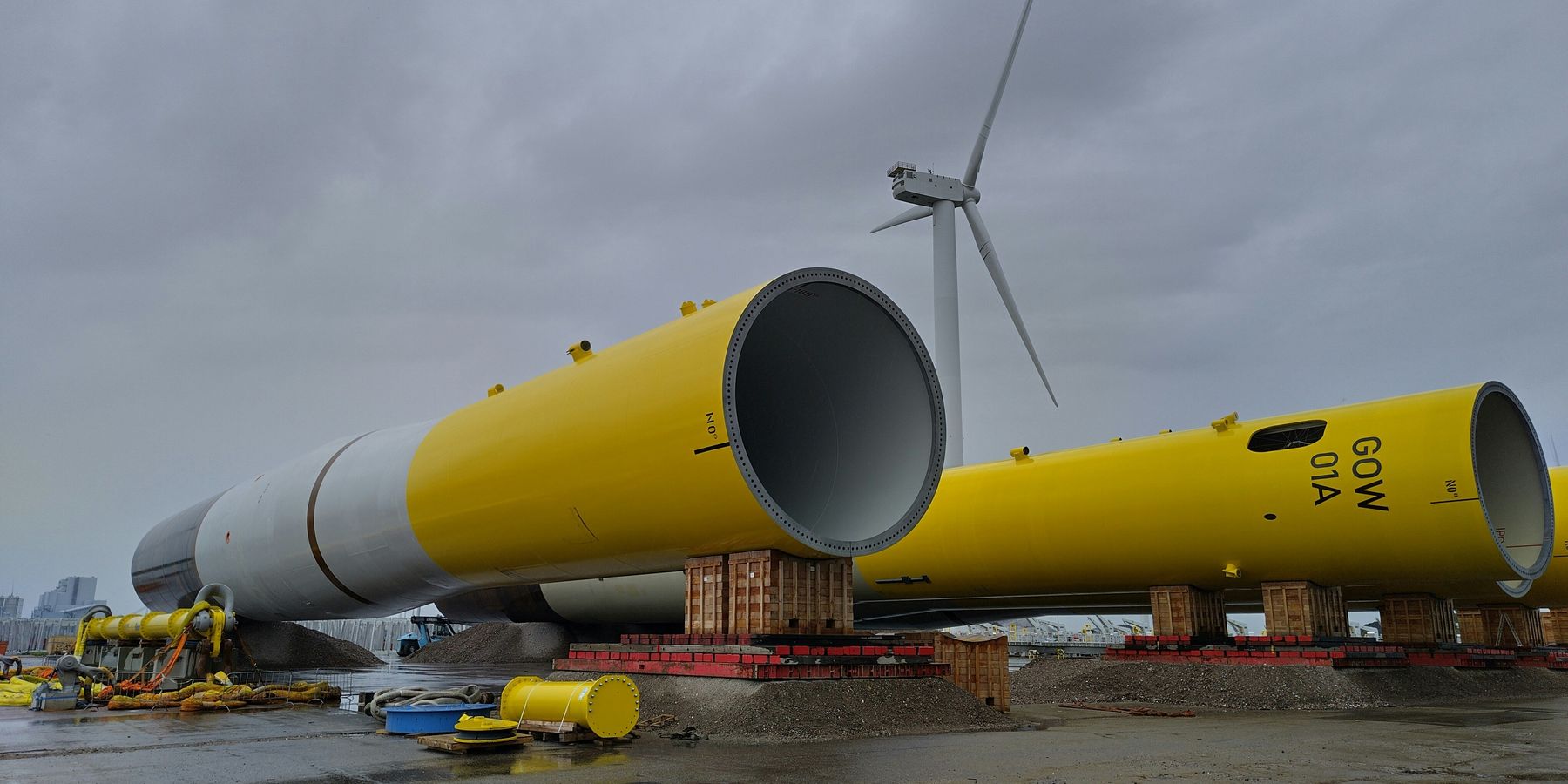Trump administration fires climate.gov team, leaving federal climate science site in limbo
A key federal climate education website may soon cease operations after the Trump administration terminated nearly all of its staff, raising fears the site could be shut down or repurposed.
Eric Holthaus reports for The Guardian.
In short:
- The National Oceanic and Atmospheric Administration (NOAA) fired the entire contracted staff behind Climate.gov on May 31, halting its content production and casting doubt on its future.
- Staff say the move was politically motivated, describing it as part of a broader effort to restrict public access to climate information and reduce public engagement with climate science.
- The site’s former managers and contributors worry the Trump administration may repurpose Climate.gov to spread anti-science or partisan narratives, undermining its role as a trusted, nonpartisan source.
Key quote:
“We operated exactly how you would want an independent, non-partisan communications group to operate.”
— Rebecca Lindsey, former program manager at Climate.gov
Why this matters:
Climate.gov was one of the federal government’s most trusted and widely accessed sources for scientifically grounded climate education. In an era of rising climate-driven disasters, public access to clear, factual climate data plays a vital role in helping communities prepare and respond. The loss of the Climate.gov team not only silences NOAA’s public education efforts, but also weakens the nation's defenses against misinformation. Many Americans, especially educators, local officials, and journalists, relied on the site’s tools and insights to interpret weather trends and long-term climate patterns like El Niño. Without a neutral government voice in this space, the vacuum may be filled by partisan groups, eroding public trust and blunting effective action on climate resilience and preparedness.
Read more: Climate data is vanishing from government websites, raising alarms













